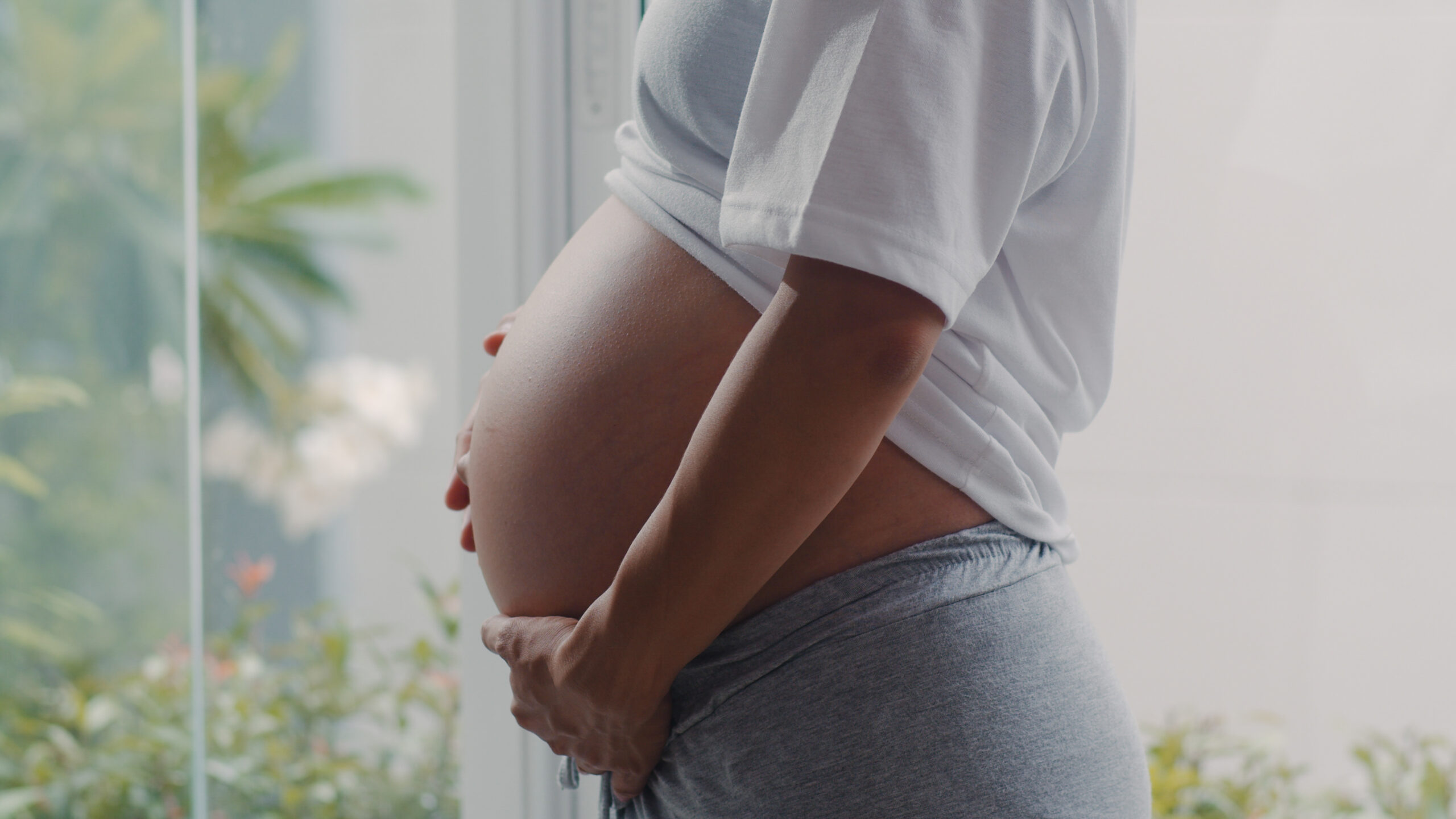Want a fit PREGNANCY?
Being pregnant is not an excuse not to exercise. Exercising during pregnancy is good for you and the baby. We give you tips that will help you stay active during
Being pregnant is not an excuse not to exercise. Exercising during pregnancy is good for you and the baby. We give you tips that will help you stay active during pregnancy.
Unlike previously thought that any strenuous activity during pregnancy was bad for mother and baby, research today shows that exercise is actually good for pregnant women. However, either out of ignorance or being overly cautious, not many women exercise during pregnancy. Indeed, seeing a pregnant woman in a gym is a sight to behold, and a topic for discussion by other gym goers. Such women may be labeled “crazy” or out to kill the baby. Experts now recommend that pregnant women should exercise unless advised otherwise by a doctor.
Guidelines given by experts recommend 30 minutes of moderate activity most days for healthy pregnant women. Women exercising for the first time during pregnancy should do moderate, non-weight bearing activities, such as brisk walking, swimming, indoor cycling or walking on the jogger. Those who exercised before pregnancy should continue with their progrmame, except for activities that might cause abdominal distress such as abdominal crunches and lifting heavy weights. Staying active and flexible makes labour and delivery easier and also aids recovery from childbirth, and can help with the mother’s weight maintenance.
Strenuous physical activity used to be thought capable of starving a foetus of blood and oxygen, but research has proven this is not the case. A pregnant woman’s heart pumps roughly 11 times more blood than normal, so the foetus is not deprived when she works out. In fact, babies born to women who exercise are less likely to be obese youngsters, and are more alert and grow up without many health issues such as common infections, including colds and flu.
Studies show active pregnant women typically report less sickness, swelling of legs and shortness of breath, fewer headaches and more energy than those who don’t exercise. Often their labour and getting back into shape after the birth is easier as well. However, doctors and fitness experts suggest that jerky, high impact movements should be avoided, especially in the second and third trimesters, and that activities in low or high oxygen environments such as scuba diving can be risky. You should also not work out in crowded rooms that are not well ventilated. Since the body produces extra heat during pregnancy, there is also a danger that you may overheat when working out so be careful, especially when you notice heavy sweating. Wear light clothing, drink plenty of fluids to avoid dehydration and stay out of hot tubs, sauna and steam rooms.
A pregnant woman’s body also secretes raised levels of relaxin, a hormone that makes muscles more supple and joints more pliable. Pregnant women who find that their joints become noticeably more mobile should avoid activities such as running, as they could be more at risk of twisting an ankle or knee. You should also avoid dancing styles that may stress your abdomen and joints such as twisting.
Pregnancy and labour have certain benefits to your exercise regimen, too. Experts say that the body produces more oxygen carrying red blood cells than usual in the first trimester, giving better lung function, especially during exercise. Labour also resets a woman’s pain threshold so nothing will seem so painful again, not even the most strenuous weight training session. You will have more exercise endurance after giving birth.
Pre-natal workout tips…
Limit sessions to 45 minutes. Stop before you feel exhausted or if you get dizzy and short of breath.
Pregnancy increases calorie requirements by around 150 calories a day in the first six months and 300 a day for the final trimester. Exercising will further increase your calorie needs, but you don’t have to eat for two.
Your centre of gravity moves forward, putting added strain on the back. At least 50 per cent of pregnant women suffer back pain. Pre-natal yoga can help or assisted specific stretches by a fitness instructor qualified to work with pregnant women.
Swimming or water workouts are great, because water not only protects your joints; it also helps control your body temperature.
Published on June 2013




